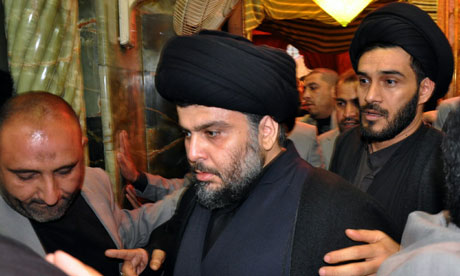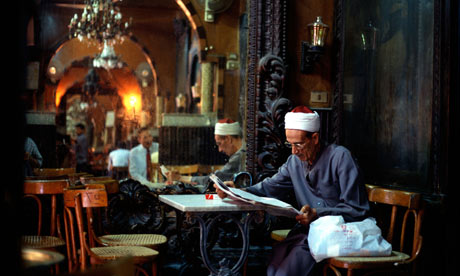This commentary was published in the Daily Star on 08/01/2011
In the past 10 days I have had the enjoyable and enlightening experiences of being in New York, Paris, Beirut and Damascus, four countries that have complex and mostly messy relationships.
The center of gravity of the issues among them is what happens in Lebanon, but it is not really mainly about what happens to or in Lebanon. It is mostly about Israel, Iran, and Syria’s role in the region, which includes a major focus on Hizbullah and wonderment about what will happen when The Hague-based Special Tribunal for Lebanon (S.T.L.) announces the indictments of those to be charged with assassinating the former Lebanese prime minister, Rafik Hariri.
What is most fascinating about these relationships – especially the Washington-Damascus relationship – is that they are heavily defined by uncertainty and concerns about the others’ intentions, which generates a steady stream of escalating assumptions, accusations and threats, in some cases culminating in sanctions, such as Washington’s unilateral sanctions against Syria.
This thick diplomatic soup has been stirred anew with the announcement last week that President Barack Obama had taken advantage of the recess in the U.S. Congress to sign the paperwork allowing his nominated ambassador to Syria, Robert Ford, to assume his post – 10 months after his appointment was held up by politics in the U.S. Senate.
This move is already being interpreted in different ways by the various parties. According to a statement issued by the U.S. ambassador in Lebanon, Maura Connelly, the Obama administration seems to want the world to understand this move as another way to pressure Syria and get it to behave according to the accepted rules of civilized countries.
In a statement supporting Lebanon’s sovereignty and security and the importance of the S.T.L., the ambassador also noted that, “The timing of Ambassador Ford’s appointment is only reflective of the need to protect and advance U.S. interests and security in the region. Appointing a U.S. ambassador to Damascus should not be viewed as a reward to the Syrian government. Having an ambassador in Damascus improves our ability to deliver firm messages to the Syrian government and to articulate clearly our concerns and priorities to Syria. No step taken with Syria comes at Lebanon’s expense. Robert Ford is one of the most qualified U.S. diplomats in the Foreign Service. He is tough, principled and skilled with a proven track record.”
This American tone is in keeping with the recent legacy of the “kick-ass” style of foreign policy that George W. Bush used in the Middle East and that Obama has only slightly altered. With Syria and Iran, in particular, Washington persists in assuming the worst in those countries’ foreign policy aims in the Middle East and responds with tough words and occasional sanctions, or symbolic moves like withholding the ambassadorial appointment. This may be psychologically and politically satisfying for American politicians in their domestic arena where pro-Israeli interests prevail, but in the field it is largely a failure. The Syrians, Iranians and others who have been subjected to such diplomacy have not changed their domestic or foreign policies in any appreciable way. Washington has kicked ass, but mostly its own so far.
In Damascus this week, I sensed among Syrians some satisfaction that the Americans had blinked first by sending their ambassador, given Syrian insistence that an American ambassador in Damascus should not have been a reward, incentive or prize that the Syrians had to earn through their good behavior. The American motives or expectations from the move remain – like everything else in this arena – unclear. The best that can be said is that Americans are sensible and reasonable people, and the Obama administration is reflecting this by acknowledging that having an ambassador in Damascus is useful for conducting high-level diplomacy, especially in view of the total failure of the policy of withholding the ambassador. The American tough-guy statements on the ambassadorial move, Syria, and the S.T.L. were routine reiterations of existing positions, and thus were not especially enlightening or noteworthy.
Both the Americans and Syrians have been saying to each other for years that they want the other to engage in “actions, not words,” so this action by the U.S. should be acknowledged as a constructive one that simply brings things back to a normal operating mode where diplomacy can occur at its most efficient level. A thorough, serious and ongoing diplomatic negotiation with Syria is crucial because of Damascus’ complex, multiple links with every single major player and conflict in the Middle East, where the Syrians often use their own in-region brand of tough-guy rhetoric and “kick-ass” foreign policy.
The key element here is “negotiation,” not mere “engagement” or “dialogue.” This is made more complex by Lebanese politics, the S.T.L.’s implications, Iranian and Arab interests, and the Arab-Israeli conflict. Yet unless serious American-Syrian and American-Iranian negotiations over each of the countries’ respective strategic interests take place, we can expect only sustained stress and perpetual conflict, which would only make fools of all concerned.




